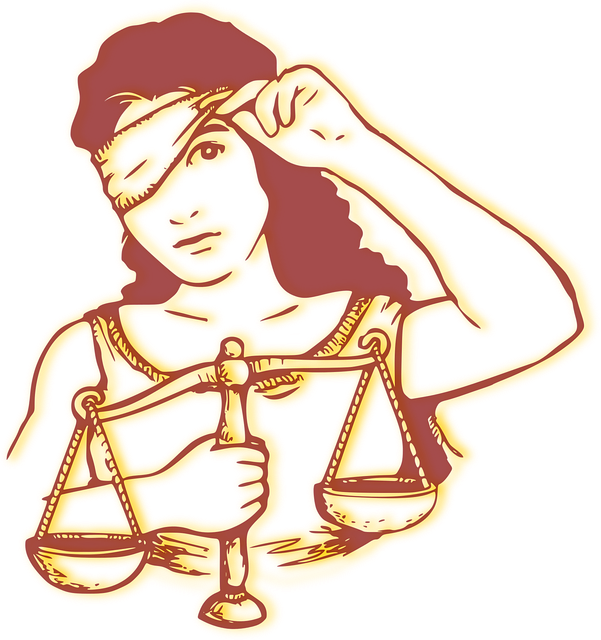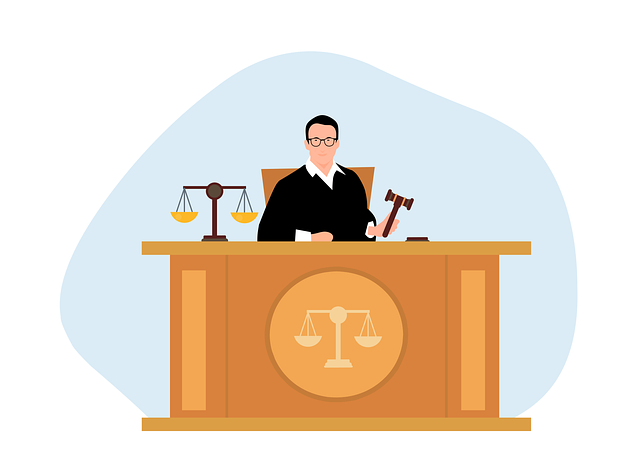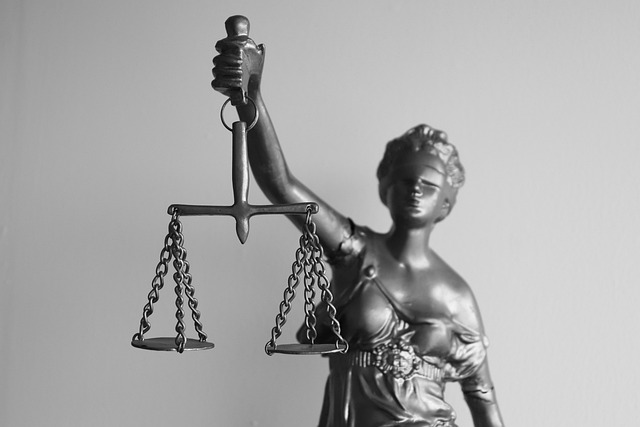Whistleblower Protection Laws (WPLs) safeguard individuals who expose corporate corruption from retaliation, covering various disclosures including public health, environmental issues, financial fraud, and abuse of power. While WPLs promote transparency, intellectual property (IP) laws incentivize innovation, creating a delicate balance. Defending against IP claims is crucial for businesses to protect their interests and preserve the integrity of IP protections, fostering an environment where both innovation and ethical practices thrive. Strategic defenses in whistleblower cases include challenging evidence, witness credibility, and jurisdictional issues. Managing IP claims overlaps with white-collar defense, requiring a nuanced understanding of public policy and case law. Best practices for organizations include establishing confidential reporting mechanisms, clear ethical conduct policies, robust dispute resolution channels, regular compliance training, and strict protocols to defend against IP claims, minimizing the risk of costly legal defenses.
“Whistleblower Protection Lawsuits: Balancing IP Rights and Public Interest”
In today’s complex legal landscape, whistleblower protection lawsuits are on the rise, with individuals risking their careers to expose corporate misconduct. This article delves into the intricate web of whistleblower protections and intellectual property rights, offering insights for businesses navigating these legal waters. We explore common defense strategies employed by defendants, analyze key case studies, and provide best practices for organizations to safeguard against potential whistleblower claims, especially in the context of defending against intellectual property accusations.
- Understanding Whistleblower Protection Laws and Their Scope
- Intellectual Property Rights vs. Whistleblower Claims: A Delicate Balance
- Common Strategies Defendants Use in Whistleblower Lawsuits
- Navigating the Legal Landscape: Key Case Studies and Trends
- Protecting Whistleblowers: Best Practices for Businesses and Organizations
Understanding Whistleblower Protection Laws and Their Scope

Whistleblower Protection Laws (WPLs) are designed to safeguard individuals who expose illegal or unethical activities within their organizations from retaliation. These laws vary across jurisdictions but generally cover a wide range of disclosures, including those related to public health and safety, environmental violations, financial fraud, and abuse of power. Understanding the scope of WPLs is crucial for defending against intellectual property (IP) claims that may arise when whistleblowers bring forth sensitive information.
Many whistleblowers, driven by a sense of justice, put themselves at risk to achieve extraordinary results in exposing corruption. This altruism often extends to their professional and personal lives, making them vulnerable to legal repercussions. For his clients, attorneys specializing in WPL cases play a pivotal role in navigating complex laws and protecting against not just IP claims but also ensuring the well-being of those who risk everything to bring light to dark practices within their former or current workplaces.
Intellectual Property Rights vs. Whistleblower Claims: A Delicate Balance

In the realm of whistleblower protection lawsuits, a delicate balance must be struck between safeguarding individuals who expose corporate wrongdoings and upholding intellectual property rights. On one hand, whistleblowers play a crucial role in holding businesses accountable for illegal activities, often uncovering secrets that could have significant public interest implications. Protecting them from retaliation is paramount to fostering a culture of transparency and ethical conduct within corporations.
On the other hand, intellectual property (IP) laws exist to incentivize innovation and creativity by granting rights to creators and inventors. Defending against general criminal defense claims related to IP theft or misuse can be challenging but crucial for businesses operating within strict legal frameworks. A winning challenging defense verdict in such cases not only safeguards corporate interests but also ensures that the integrity of intellectual property protections remains intact, fostering an environment where innovation thrives while ethical practices are upheld.
Common Strategies Defendants Use in Whistleblower Lawsuits

In whistleblower protection lawsuits, defendants often employ strategic defenses aimed at dismissing or minimizing the plaintiff’s claims. A common tactic is to challenge the validity of the whistleblower’s evidence, questioning its authenticity and reliability. They may also attempt to discredit the witness through character assassination, focusing on their past actions or perceived biases. Defending Against Intellectual Property Claims is another key area where defendants try to undermine the case by arguing that any alleged violations were not intentional or that the plaintiff lacks standing.
Additionally, defendants frequently raise jurisdictional issues, contending that the court does not have authority over the matter. They might also assert the doctrine of laches, suggesting that too much time has passed since the alleged wrongdoing, making it unfair to pursue the case. These strategies, while varied, share a goal: achieving complete dismissal of all charges. Across the country, courts have seen remarkable cases where these defensive maneuvers have led to extraordinary results, demonstrating the complexity and unpredictability of whistleblower lawsuit outcomes.
Navigating the Legal Landscape: Key Case Studies and Trends

Navigating the legal landscape surrounding whistleblower protection lawsuits requires a deep understanding of both public policy and intricate case law. Key case studies reveal trends where successful defence strategies often involve demonstrating a genuine concern for public interest and adhering to strict procedural requirements. For his clients, white-collar defence attorneys must be adept at defending against intellectual property claims, as these cases frequently intertwine with allegations of corporate misconduct.
A strategic approach involves distinguishing between protected disclosures made in good faith and those deemed retaliatory. Many jurisdictions have seen a surge in lawsuits where employees assert violations of whistleblower protection laws, highlighting the importance of proactive measures to avoid such legal pitfalls. By staying abreast of these trends, businesses can better equip themselves with the necessary tools to achieve complete dismissal of all charges, ensuring compliance and fostering an ethical corporate culture.
Protecting Whistleblowers: Best Practices for Businesses and Organizations

Protecting whistleblowers is paramount for businesses and organizations aiming to uphold integrity and deter potential misconduct. Best practices involve establishing robust internal reporting mechanisms that encourage employees to come forward with concerns, ensuring confidentiality and anonymity where possible. Clear policies on ethical conduct and robust channels for dispute resolution can significantly reduce the likelihood of whistleblower lawsuits.
Moreover, proactive measures such as regular training sessions on compliance and ethics can help educate staff about their rights and responsibilities. Defending against intellectual property claims is also crucial; businesses should implement strict protocols to safeguard proprietary information and prevent unauthorized disclosure. A comprehensive approach that combines robust internal controls, ethical education, and transparent dispute resolution mechanisms can effectively protect organizations from both white-collar and economic crimes, while also minimizing the risk of costly general criminal defense strategies and jury trials.
Whistleblower protection lawsuits are complex legal battles that require a delicate balance between safeguarding individuals who expose corporate misconduct and defending against potential intellectual property claims. As seen in various case studies, understanding the scope of whistleblower laws and recognizing common defense strategies is crucial for businesses aiming to protect themselves effectively. By adopting best practices and staying informed about emerging trends, organizations can better navigate this legal landscape, ensuring they respect whistleblower rights while mitigating risks associated with such lawsuits. Additionally, defending against intellectual property claims within these cases is a key aspect that demands strategic consideration to maintain a fair and transparent business environment.






